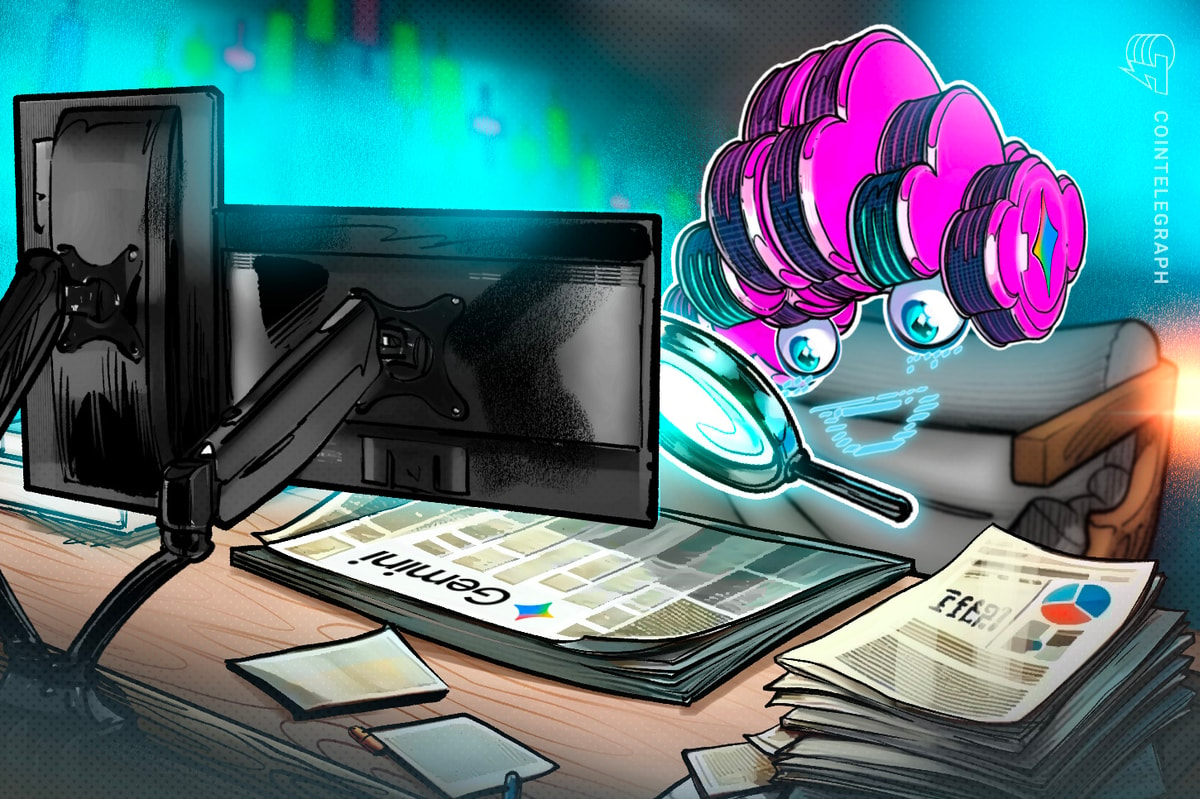OKX founder and CEO Star Xu has apologized to users after reports surfaced of wrongful account freezes on the crypto exchange, including one case where a user remained locked out of their funds despite completing extensive verification steps.
“We sincerely apologize for any inconvenience caused. We acknowledge that issues such as high false-positive rates and suboptimal user experience in the information collection process still exist during compliance and risk control operations,” Xu said in a post on Friday.
Compliance system makes mistakes from time to time
“One of the biggest challenges in global compliance is ‘false positives’—where the system mistakenly flags normal users as risky,” Xu said.
He explained that even the most advanced technologies can’t perfectly assess user compliance at all times.
“Many service providers adopt an ‘aggressive identification’ strategy, and regulatory authorities often encourage platforms to err on the side of caution in risk control,” he said, adding that this is why compliant users, who pose no apparent risk, may still receive compliance enquiries:
“This is why some users, despite being fully compliant and behaving normally, may still receive additional information requests from the compliance team—sometimes feeling like they’re being asked to ‘prove your dad is your dad.”
Xu said that there are over 600 members on OKX’s global compliance team, but admitted that completely eradicating false positives is unlikely.
“It’s undeniable that “false positives” cannot be entirely eliminated in any compliance system,” Xu said.
Xu shared user’s complaint with followers
The apology followed reports from a user on X who claimed on Friday their account had been frozen since June 21 and repeatedly rejected during a stringent identity verification process.
Xu shared the user’s public complaint with his 130,800 followers on his X profile.
Related: ‘Small possibility’ $8.6B Bitcoin transfer was a hack: Coinbase exec
The user said, along with having to re-complete the Know Your Customer (KYC) verification, they were asked to provide a 10-year work history, employment records from the past five years, and detailed information about their employer.
According to the user, their proof-of-funds documents were rejected because the information didn’t match the platform’s “selected answers.”
Cointelegraph reached out to OKX for comment but did not receive a response by time of publication.
Magazine: Bitcoin vs stablecoins showdown looms as GENIUS Act nears




Leave a Comment